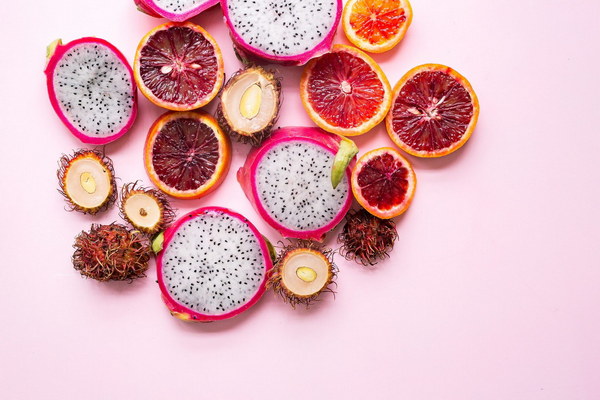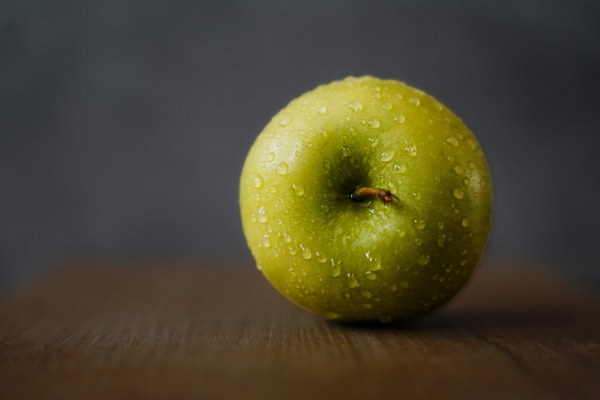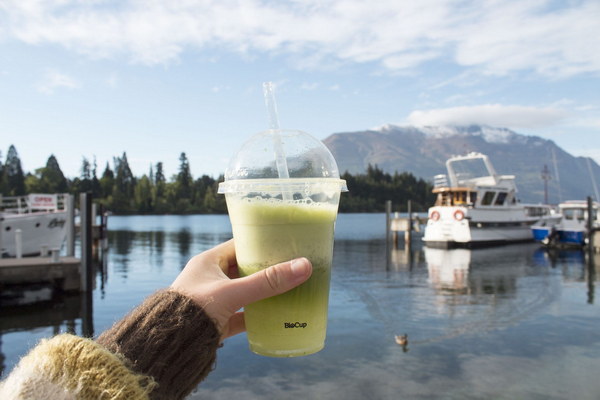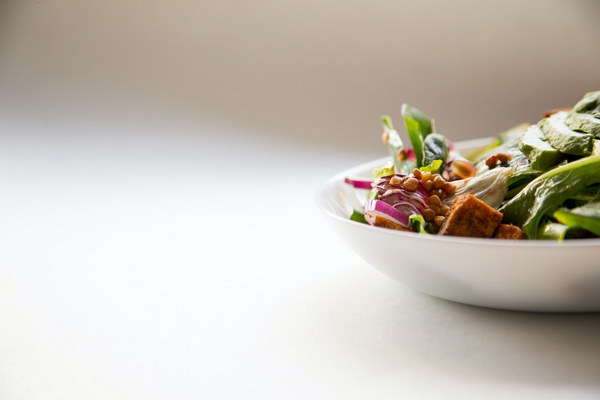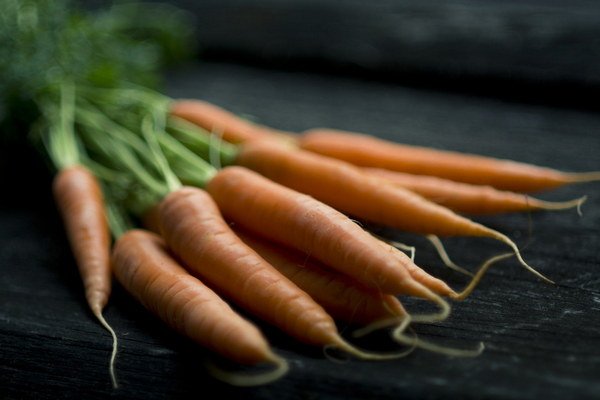Nourishing Your Pregnancy Essential Nutritional Supplements in the First Trimester
Embarking on the journey of pregnancy is a momentous occasion, and ensuring the health and well-being of both mother and baby is of paramount importance. During the first trimester, the body undergoes significant changes, making it crucial to provide the necessary nutrients to support a healthy pregnancy. This article delves into the essential nutritional supplements that can help nourish your body during the crucial early stages of pregnancy.
1. Folic Acid
Folic acid is a vital nutrient that plays a significant role in the development of the baby's neural tube, which eventually becomes the brain and spinal cord. It is recommended that women of childbearing age take a folic acid supplement of 400-800 micrograms daily to reduce the risk of neural tube defects. Foods rich in folic acid include leafy green vegetables, beans, lentils, and fortified cereals.
2. Iron
Iron is essential for the production of hemoglobin, which carries oxygen to the developing baby. During the first trimester, your body's iron requirements increase to support the growing placenta and baby. Iron deficiency can lead to anemia, which may cause fatigue, weakness, and a reduced immune system. Foods high in iron include lean red meat, poultry, fish, legumes, and fortified cereals. To enhance iron absorption, pair iron-rich foods with vitamin C sources, such as oranges, strawberries, and bell peppers.
3. Calcium
Calcium is crucial for the development of your baby's bones and teeth, as well as maintaining your own bone density. During pregnancy, your body requires additional calcium to support the growing fetus. Aim to consume about 1,000 milligrams of calcium per day. Excellent sources of calcium include dairy products like milk, cheese, and yogurt, as well as leafy green vegetables, tofu, and fortified plant-based milk alternatives.

4. Vitamin D
Vitamin D is essential for calcium absorption and bone health. Adequate levels of vitamin D are important for both mother and baby. During pregnancy, a deficiency in vitamin D may increase the risk of gestational diabetes and pre-eclampsia. Aim to get at least 600-800 international units (IUs) of vitamin D daily. Sunlight is a great source of vitamin D, so spending time outdoors can help boost your levels. Additionally, fatty fish, egg yolks, and fortified foods like milk, orange juice, and cereals are good sources of vitamin D.
5. Omega-3 Fatty Acids
Omega-3 fatty acids, particularly docosahexaenoic acid (DHA), are important for the baby's brain and eye development. During the first trimester, it is recommended to consume about 200-300 milligrams of DHA per day. Omega-3 fatty acids can be found in fatty fish such as salmon, mackerel, and sardines. If you are a vegetarian or vegan, consider algae-based DHA supplements to meet your needs.
6. Protein
Protein is essential for the growth and development of the baby, as well as the mother's body. Aim to consume about 70-100 grams of protein per day during pregnancy. Good sources of protein include lean meats, poultry, fish, dairy products, eggs, legumes, nuts, and seeds.
In conclusion, the first trimester of pregnancy is a critical period for both mother and baby. By incorporating these essential nutritional supplements into your diet, you can support a healthy pregnancy and lay the foundation for a healthy baby. Always consult with your healthcare provider before starting any new supplement regimen, as individual needs may vary. Remember, a well-nourished mother is the key to a healthy pregnancy journey.


